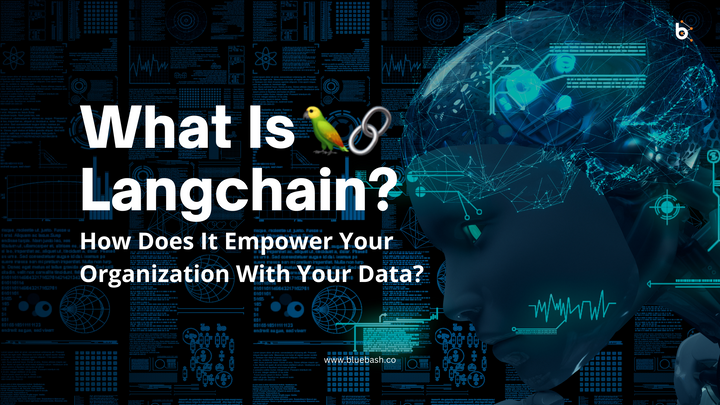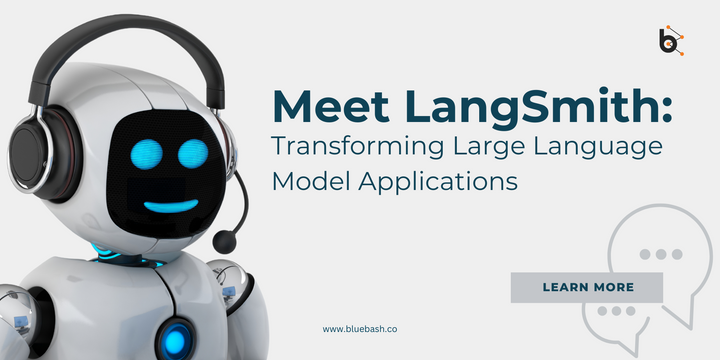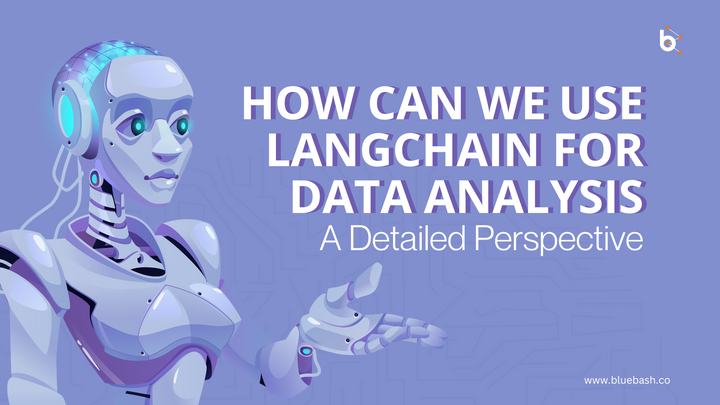Revolutionizing The Future of AI In Healthcare: Innovative Use Cases

The integration of AI in healthcare is reshaping medical practices and patient experiences. Why this growth? Modern healthcare faces a data explosion, outpacing human analysis. AI considers complex patterns, predicts diseases, and unveils treatment pathways. Precedence Research estimates the global AI in healthcare market at USD 15.1 billion in 2022, with projections exceeding USD 187.95 billion by 2030 (CAGR: 37%). Leveraging diverse data sources, AI enhances medical interventions' efficacy and precision. It identifies critical conditions, manages chronic illnesses, and bridges data-driven insights for personalized patient care.
AI Use Cases in Healthcare
Disease Diagnosis and Risk Prediction:
AI analyzes medical images (X-rays, MRIs, CT scans), aiding in identifying conditions like cancer and fractures. Predictive models leverage patient data to identify individuals at risk of specific diseases.
Personalized Treatment:
AI-driven algorithms analyze patient data, considering genetics and medical history, to recommend personalized treatment plans, drug regimens, and dosage adjustments. Predictive capabilities also assist in anticipating patient responses to treatments, minimizing adverse effects.
Drug Discovery and Development:
AI accelerates drug discovery by simulating chemical interactions, identifying potential drug candidates, and predicting efficacy. Machine learning models analyze vast datasets, associating genetic factors with diseases and aiding in target identification.
Electronic Health Records (EHR) Management:
AI extracts valuable insights from EHRs, identifying patterns and trends in patient data. Natural language processing (NLP) enables structured information extraction from unstructured clinical notes.
Virtual Health Assistants:
Chatbots and virtual health assistants provide 24/7 support for patient inquiries, appointment scheduling, and medication reminders. These AI-powered systems can organize patients based on symptoms and urgency.
Remote Monitoring and Telemedicine:
Wearable devices and sensors connected to AI systems continuously monitor vital signs, sending alerts in case of anomalies. Telemedicine platforms use AI for real-time video analysis, enabling remote diagnosis and treatment.
Predictive Analytics for Hospital Operations:
AI optimizes hospital operations by predicting patient admission rates, resource utilization, and staff scheduling, leading to better resource allocation and reduced hospital readmissions.
Fraud Detection and Security:
AI enhances healthcare cybersecurity through fraud detection, identifying unusual billing patterns, and insurance claims to prevent fraud.
These top AI applications in healthcare underscore the numerous benefits AI brings to the industry, reshaping the landscape for improved patient outcomes and operational efficiency.

How does AI transform the future of healthcare delivery?
In the healthcare industry, AI is reshaping diagnostics and delivery across various stages of the value chain. Cutting-edge algorithms analyze medical images with precision, aiding healthcare professionals in identifying conditions.
Healthcare companies using AI are at the leading edge of this transformative trend. Telemedicine platforms, fueled by AI, facilitate remote consultations, and wearable devices with AI-driven sensors enable real-time patient health monitoring and early intervention. These innovative solutions not only optimize administrative functions but also enhance patient engagement through personalized recommendations and educational content.
In surgical procedures, AI takes center stage with robots assisting surgeons in stabilizing movements and providing real-time feedback. Moreover, AI delves into extensive datasets, uncovering valuable insights for drug discovery, healthcare resource allocation, and policy development. Stay updated on the latest AI in healthcare trends and explore groundbreaking healthcare AI solutions.
Benefits of Artificial Intelligence in Healthcare:
Artificial Intelligence can benefit the healthcare industry significantly. Some of the key benefits of AI in healthcare include the following:
Enhanced diagnosis and treatment:
AI is the ability to process the vast amount of patient data that transforms the diagnosis and treatment landscape. Utilizing machine algorithms, AI identifies patterns in patient data, enables earlier disease detection, and targets outcomes for better health outcomes.
Increased administrative efficiency:
AI streamlines all administrative tasks, from appointment scheduling to managing patient records and managing all insurance claims. This automation allows healthcare professionals to allocate more time to direct patient care, optimizing workflows, reducing costs, and improving overall operational efficiency.
Accelerated Drug Discovery:
AI plays a pivotal role in drug discovery by analyzing large datasets to identify new drug targets and predict efficacy and potential side effects. This acceleration expedites the design of more effective clinical trials, facilitating the introduction of new treatments to the market in less time.
Improved Patient Safety:
AI contributes to patient safety by reducing the risk of medical errors and adverse events. AI-powered tools can flag potential drug reactions, alerting healthcare professionals to potential risks. Through analysis of patient data, proactive measures can be taken to prevent harm.
Streamlined Administrative Workflow:
AI and automation ease the burden of paperwork and administrative tasks in healthcare. From hands-free dictation for doctors to computer-assisted documentation, AI ensures thorough medical records, accurate coding, and seamless information sharing between departments.
Virtual Nursing Assistants:
AI-driven virtual nurse assistants, including chatbots and apps, provide continuous support to patients. Addressing queries, transmitting reports, and aiding in appointment booking, these AI assistants relieve the workload of clinical personnel, allowing more time for direct patient care.
Safer Surgeries with AI:
In specific cases, AI empowers surgeons with robotic systems that operate within confined spaces, reducing blood loss, infection risks, and post-operative discomfort. This translates to minimal scarring and faster recovery periods compared to traditional surgical approaches.
Fraud Prevention:
AI integration in healthcare helps to detect typical trends within insurance claims, preventing fraudulent practices. This includes identifying invoicing irregularities, unbundling charges, and unnecessary tests, and safeguarding the integrity of insurance reimbursements.

How does Bluebash help you to boost healthcare operations?
Bluebash is proud to provide cutting-edge AI technology for healthcare. By providing solutions that encompass predictive analytics, remote monitoring, and fraud detection, Bluebash propels healthcare businesses into a future where patient outcomes are improved, and operational efficiency reaches new heights.
Unlock the potential of your healthcare business with Bluebash's AI-powered solutions. Experience the seamless integration of AI in healthcare operations, represents how AI transforms the future of healthcare delivery. Stay ahead in the industry by embracing the latest AI in healthcare trends with Bluebash to shape the landscape of healthcare through technological innovation.



